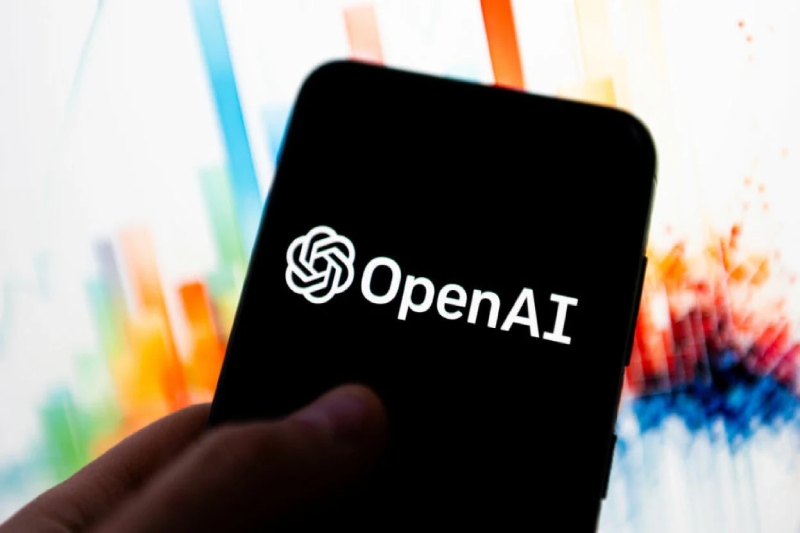The developers of DALL-E and ChatGPT have unveiled Sora, a text-to-video diffusion paradigm. Red teamers, or specialists who test a model for risks and hazards through adversarial means, can now access Sora. A small group of visual artists, designers, and filmmakers can also access it, according to the release, “to gain feedback on how to advance the model to be most helpful for creative professionals.”
Since launching ChatGPT in November 2022, OpenAI has been creating generative AI tools at a rapid rate. Since then, ChatGPT has seen the release of GPT-4, voice and picture prompts, and the updated DALL-E 3 image model. Because OpenAI’s API makes it possible for businesses and developers to produce their own generative AI tools, the industry has benefited greatly from it as well. By creating videos, OpenAI is now making a significant advancement in AI capabilities.
While there are various models available for creating videos, none of them can generate intricate, realistic videos like the ones that Sora is said to be able to produce. Although it’s still in the research stage, Google is developing its own text-to-video paradigm and Meta has a tool for creating short videos.
Users may create minute-long videos with Sora that feature several characters and intricate scenes. The announcement features “historical” footage of California during the gold rush era and a film that follows an SUV down a winding mountain route.
The fine print on safety is up next. In addition to red-teaming the model, OpenAI claims to be developing tools to properly attribute movies made by Sora in accordance with C2PA requirements. Additionally, it makes use of DALL-E’s current safety features, which reject hazardous or unsuitable text prompts.
Lastly, OpenAI says it will be “engaging policymakers, educators and artists around the world to understand their concerns and to identify positive use cases for this new technology.” The company believes the best way to learn all the beneficial and harmful ways people will use Sora is by “learning from real-world use is a critical component of creating and releasing increasingly safe AI systems over time.”



